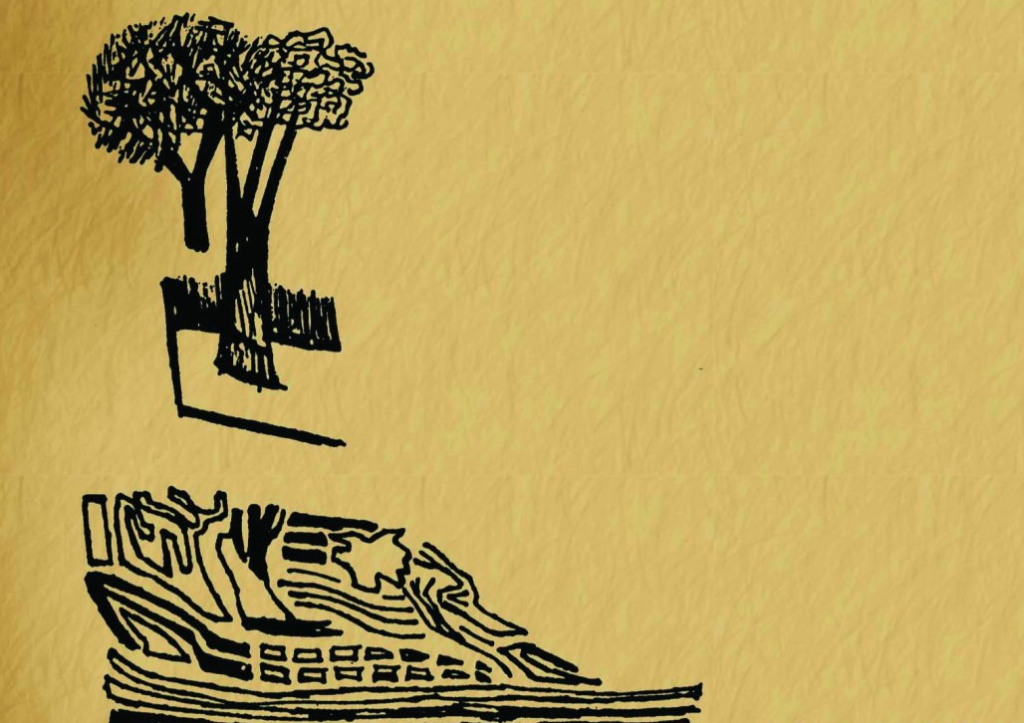Star in the Eye
by James Shea
Fence Books, $15 (paper)
James Shea’s first collection, Star in the Eye, winner of the Fence Modern Poets Series competition, is a strangely beautiful, strongly unified collection. Inspired by the brief, witty lines of the Japanese haiku, the book’s most distinctive formal strategy is the juxtaposition of short sentences (often one-sentence lines) that forces the elision of connective, cause-and-effect conjunctions: “There is no rhetoric of a storm. // There will be a way to explain what I am saying.” Things simply happen next to each other, their relation often hinted at but seldom made explicit. Shea balances this storyless, centerless process, this squall of simultaneous but isolated raindrops, against the drive to communicate, to find “a way to explain.” As in Japanese haibun, which blends prose and haiku, those parts of life that don’t fit into the austerity of Shea’s tiny, exquisitely crafted lines spill out into more narrative, expressive poetic forms. One example is his poem “Haiku,” actually an extension of the tradition of explanatory haiku titling, which lists prospective titles to nonexistent poems: “Upon Looking Past You / into the Mattress, into the Faces of Prior Lovers.” Mainly, however, Star in the Eye travels: back and forth through themes of love and death, and unpredictably through personalities, projected faces, and tones. In “Short Short,” Shea writes, “Love consists mostly of timing / and cleanliness. (I made that up!),” twisting from a Larkinesque, sardonic disillusionment to an almost childlike glee in the space of a parenthesis. One of its most fascinating travels is between Japanese and American ideas of the individual: although deeply convinced, in Daoist fashion, that we must avoid the construction of a pat, sayable “single-way of being,” the book succeeds, even from transit, even from nowhere, in founding a self and voice with which it reaches for us and, on its own terms, reaches us. “The fog made certain things, / feelings clearer. You spelled a word on my thigh,” Shea writes in “Two-Way Exit.” “I spoke to you then, so I could speak / to you now: we didn’t exist for an instant.”








